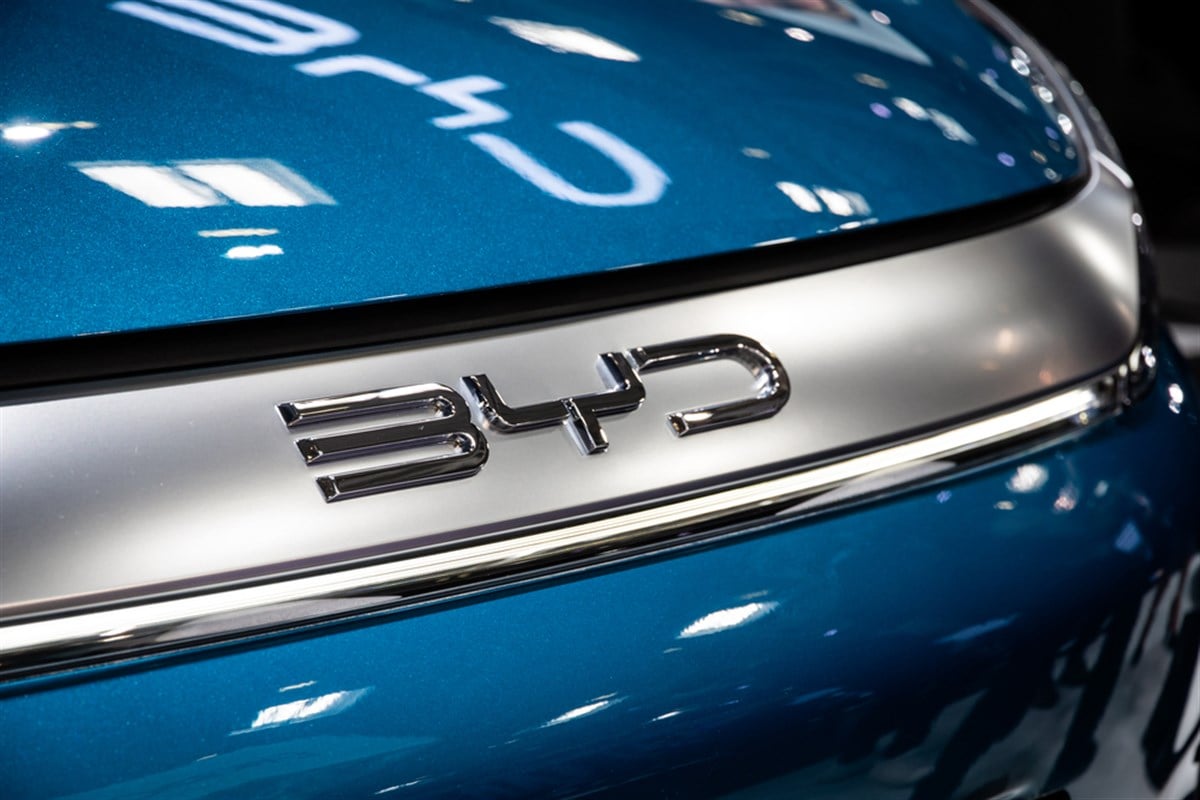The difference dividends can make is mind boggling (From DTI)
Buffett Bails on BYD: What It Means for the Future of EV Stocks 
Warren Buffett may not be that charged up about electric vehicles. On June 17, news broke that Buffett's Berkshire-Hathaway Inc. (NYSE: BRK.B) sold $1.3 million shares of BYD Company Limited (OTCMKTS: BYDDY). The move was reported in a filing with the Hong Kong Stock Exchange. This was Berkshire's second sale of BYD stock in the last two years, and the company's stake in the company is now 6.9%. The hedge fund first bought the stock in 2008. At that time, it owned approximately 225 million company shares, valued at around $230 million. The move has drawn attention since, in late 2023, BYD eclipsed Tesla Inc. (NASDAQ: TSLA) as the leading manufacturer of EVs in the world. However, BYD stock is down about 30% from its peak in 2022. It doesn't happen often, but occasionally, something completely unique comes across my radar.
In this case, I'm talking about legal "Insider Trading".
Traders who have consistently signaled 453% … 610% .. and even 1036%... gains.
And until now they have been doing it completely under the radar.
In an upcoming interview I am revealing the strategy behind this gold-mine and how you can piggy back their every trade. Register for the imminent briefing here. BYD vs. General Motors: Berkshire’s Investment Choices Warren Buffett is known for being one of the leading advocates of buy-and-hold investing. The Oracle of Omaha has said his preferred length of time for owning a stock is forever. In fact, Buffett has said the investment advice that you never get broke taking a profit is foolish. It's also important to put into context that Berkshire's 6.9% stake in BYD is nearly double its stake in one of its other prominent automotive stocks, General Motors Co. (NYSE: GM). And there's no indication that Buffett has increased his stake in GM. That's not to say that Berkshire-Hathaway has never sold stock. But it's not a regular occurrence. And when it does happen, it's usually because Buffett sees better opportunities to deploy capital. That may be the case with electric vehicle stocks, which are under pressure on several fronts. European Tariffs on Chinese EVs Begin In response to China's ability to flood the global market with less-expensive EVs, the European Commission is going ahead with a plan to place a 38.1% tariff on imported Chinese EVs starting in July. For now, Chinese EV makers are saying it's business as usual, but there are concerns that this could start a more protracted trade war. Buffett Reflects on Charlie Munger’s Influence on BYD Investment Buffett noted in 2010 that his late partner, Charlie Munger, deserved all the credit for the investment in BYD stock. It's possible that Munger's passing, combined with all the noise around the EV industry, could have been a reason for the firm's recent decision to further trim its position in BYD. At the hedge fund's annual meeting in May, Buffett alluded that the fund would continue to invest mainly in the United States. BYD is a notable exception, but it's possible that without Munger advocating for BYD, as Buffett notes he has done in the past, Buffett is taking a closer look at the company in light of the broader industry outlook. How Significant is Buffett's Sale on the Future of EV Stocks? As Buffett's decision to buy homebuilder stocks in 2023 showed, Buffett is known for looking ahead. That makes this decision more curious as it's more likely a case of Buffett reacting to what's already self-evident to investors. Manufacturing EVs at scale is a capital-intensive business, and many EV companies not named Tesla are finding it hard to raise capital with interest rates significantly higher than when these companies went public. And even Tesla is finding that trying to pivot to meet changing consumer tastes is not fast nor cheap. In short, many investors now believe the reward is no longer worth the risk that comes from EV stocks. It's not a leap to suggest that many of these start-up companies will go bankrupt. That's not likely to be the fate of BYD. However, as a Chinese company, investors must do more due diligence as its financials are more opaque to U.S. investors. Written by Chris Markoch Read this article online › Featured Articles: |